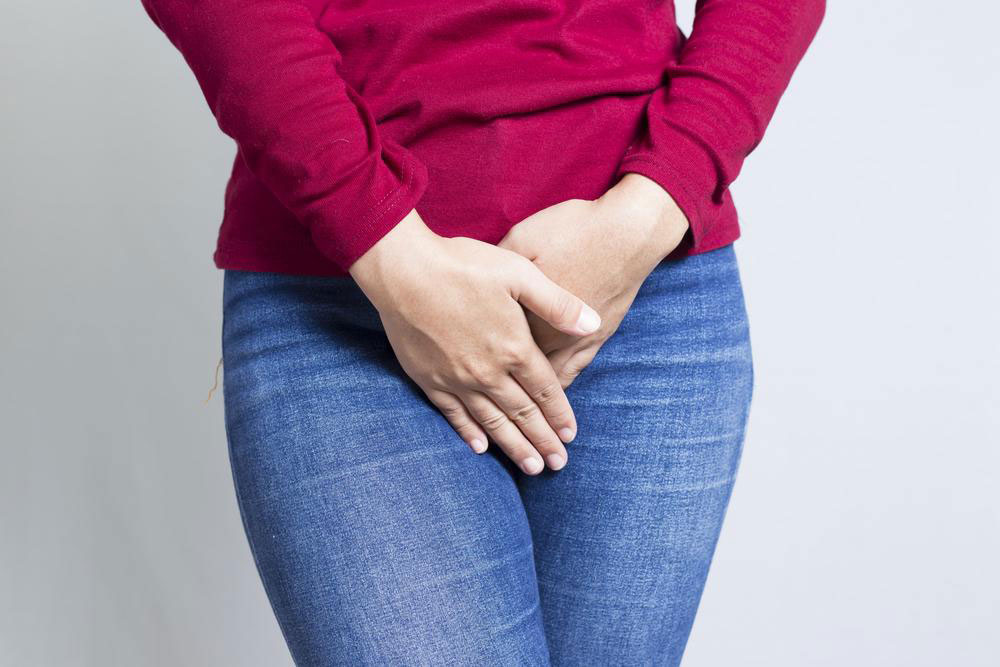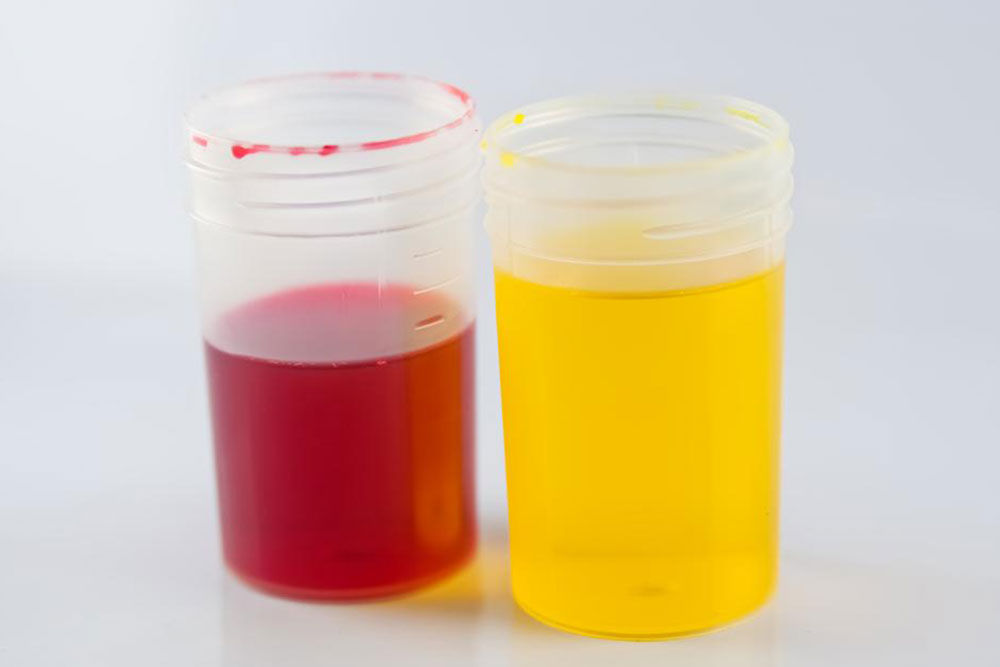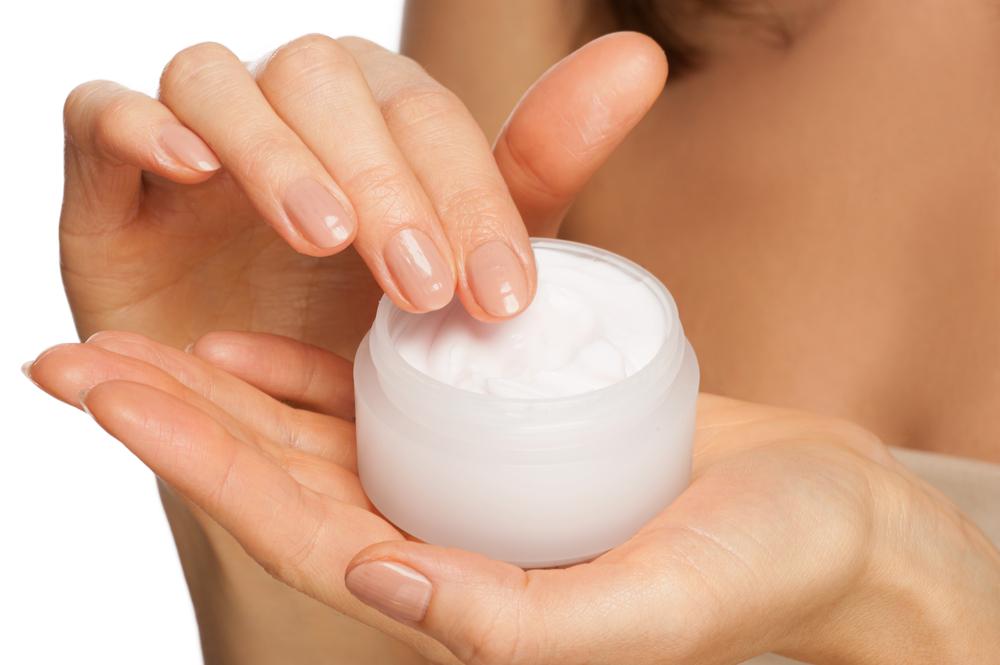Effective Ways to Prevent Kidney Infections and Promote Urinary Health
Preventing kidney infections involves a combination of good hygiene, staying well-hydrated, and healthy lifestyle habits. Drinking plenty of water, practicing personal hygiene, including wiping front to back, urinating after sex, and incorporating cranberries into your diet can significantly lower risk. Avoid irritants like scented products, and seek immediate medical attention if symptoms recur. These strategies help protect kidney health and ensure your urinary system remains healthy. Early intervention is vital for preventing serious complications associated with kidney infections.

Effective Ways to Prevent Kidney Infections and Promote Urinary Health
Kidney infections, medically known as pyelonephritis, are serious health conditions that arise when bacteria infiltrate the kidneys. These infections typically originate from bacteria that ascend from the urinary tract, traveling up through the urethra, sometimes leading to severe complications if left untreated. Prevention is crucial and involves a combination of good hygiene practices, lifestyle adjustments, and prompt medical attention when needed. Understanding how to prevent these infections not only safeguards your kidney health but also enhances overall urinary system well-being.
Stay Well-Hydrated: Drinking adequate amounts of water daily plays a fundamental role in preventing urinary tract infections (UTIs), which can progress to involve the kidneys if untreated. Proper hydration helps flush bacteria from the urinary system, reducing the likelihood of bacterial colonization. It's recommended that men consume approximately 125 ounces (about 3.7 liters) of water per day. Women should aim for around 91 ounces (about 2.7 liters). These amounts can vary based on activity level, climate, and individual health conditions. Consistent hydration not only dilutes urine but also prevents the formation of concentrated urine that can irritate the urinary tract lining.
Maintain Excellent Personal Hygiene: Personal hygiene practices are paramount in preventing bacteria from entering the urinary system. Always wipe from front to back after bowel movements to prevent bacteria from the anal region contaminating the urethral area. Urinating immediately after sexual activity helps flush out bacteria introduced during intimacy, lowering infection risk. For individuals with urinary catheters, strict cleaning routines and timely catheter changes are critical in minimizing infection potential around catheter entry points.
Incorporate Cranberries Into Your Diet: Cranberries and cranberry products are widely recognized for their role in preventing UTIs. The active compounds in cranberries prevent bacteria, particularly E. coli, from adhering to the walls of the urinary tract. Drinking unsweetened cranberry juice or taking cranberry supplements regularly can be an effective, natural strategy to reduce the chances of developing urinary infections that may ascend to involve the kidneys.
Avoid Potential Irritants: Certain personal care products such as scented douches, sprays, and deodorants in the genital area can disrupt the natural bacterial balance and cause irritation, increasing the risk of infection. Avoiding these irritants helps maintain a healthy urinary tract environment and reduces inflammation risk.
Seek Medical Evaluation for Persistent Symptoms: Recurrent kidney infections or symptoms like fever, back pain, chills, or foul-smelling urine should prompt immediate consultation with a healthcare professional. Conditions like kidney stones require targeted treatment, including possible removal procedures, to prevent further renal damage and recurring infections.
Implementing these comprehensive practices can significantly reduce the risk of kidney infections. Awareness and preventive measures are key to maintaining healthy kidneys and urinary system function. Remember, early diagnosis and prompt treatment are essential if you notice any symptoms suggestive of kidney infection, such as fever, flank pain, or urinary discomfort.





